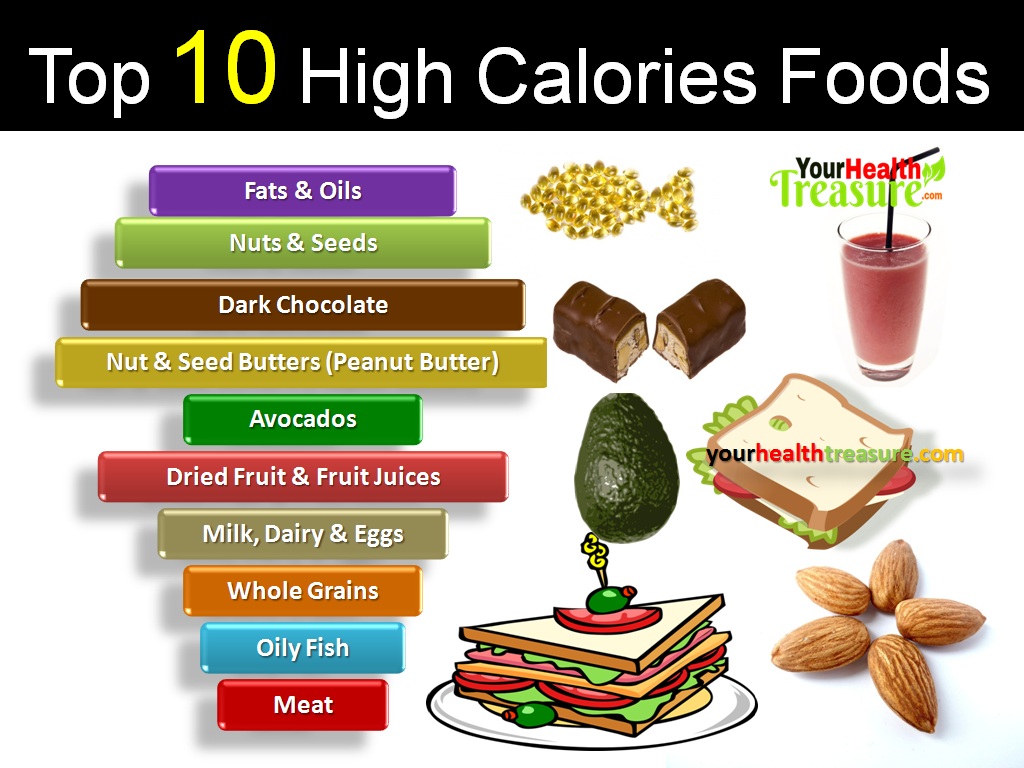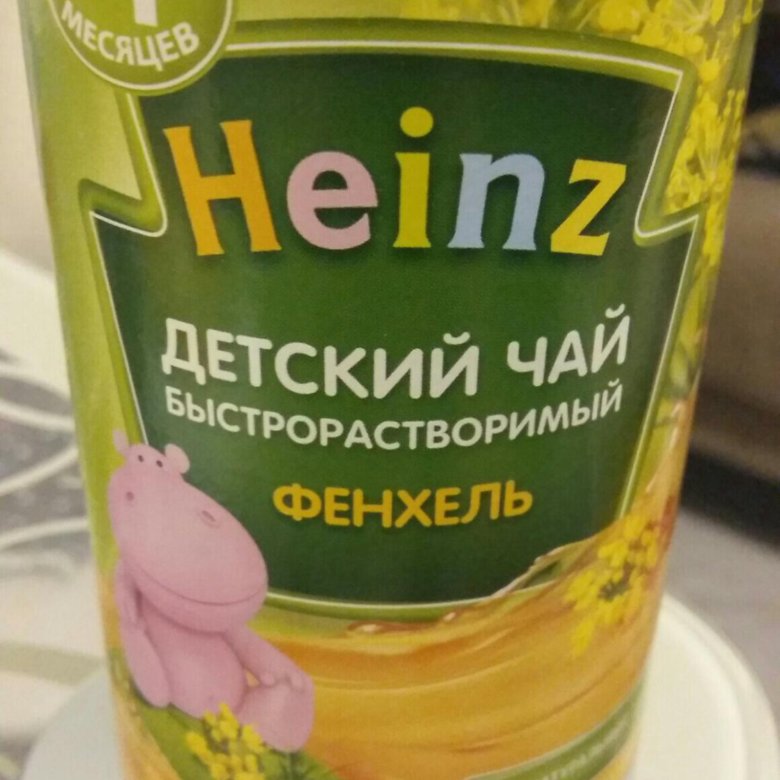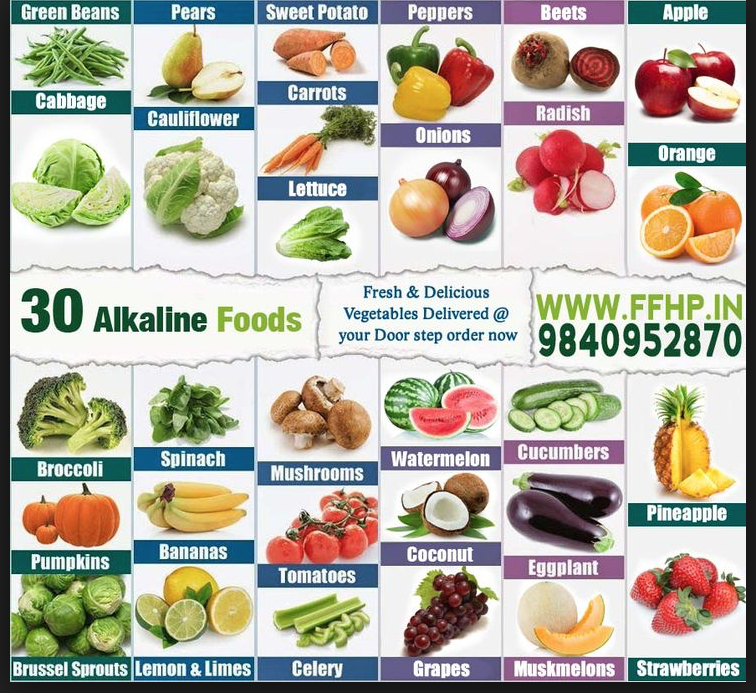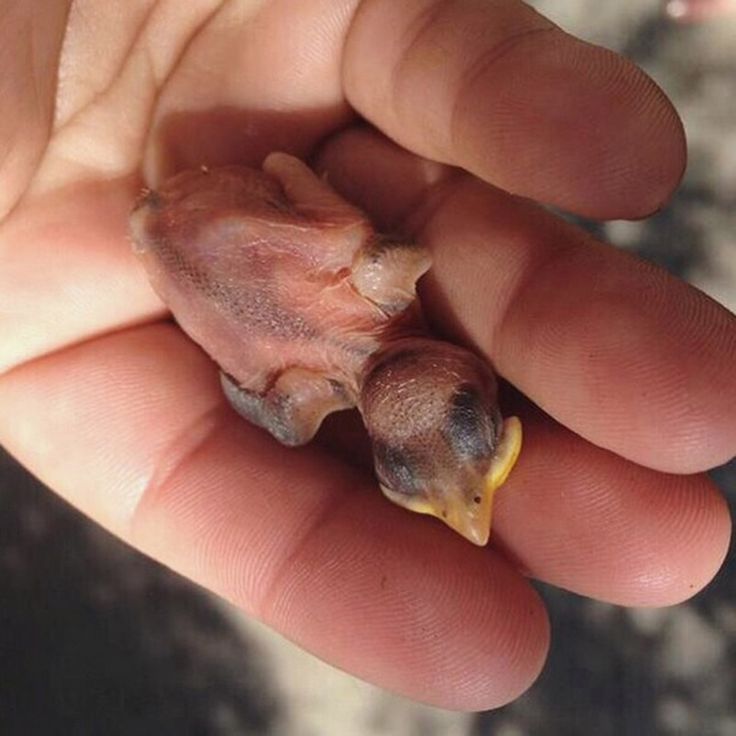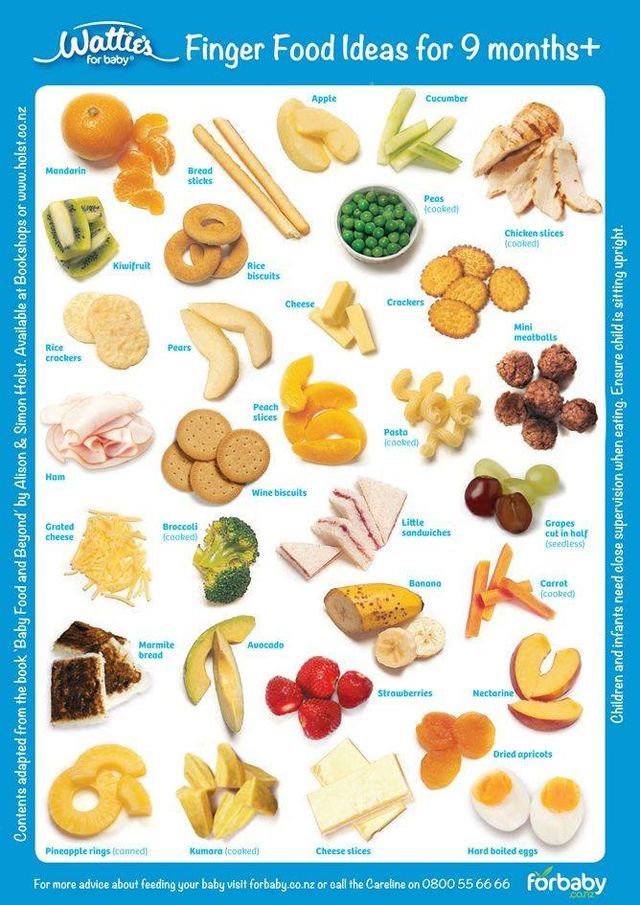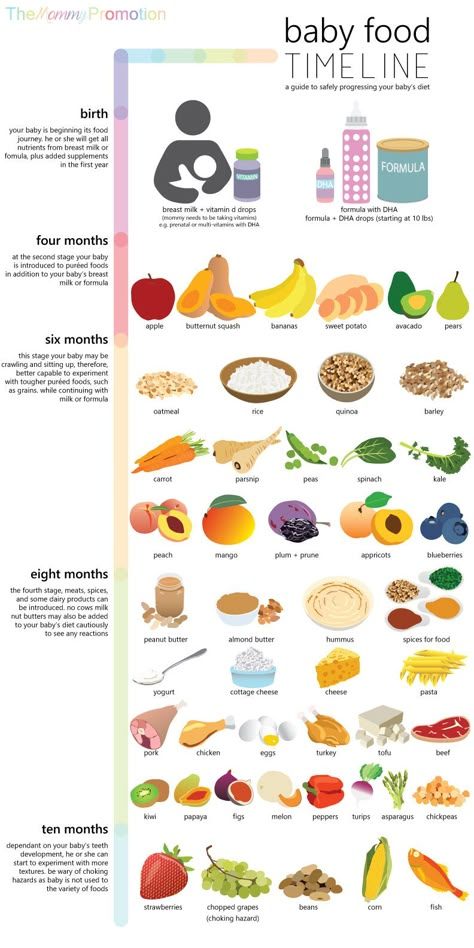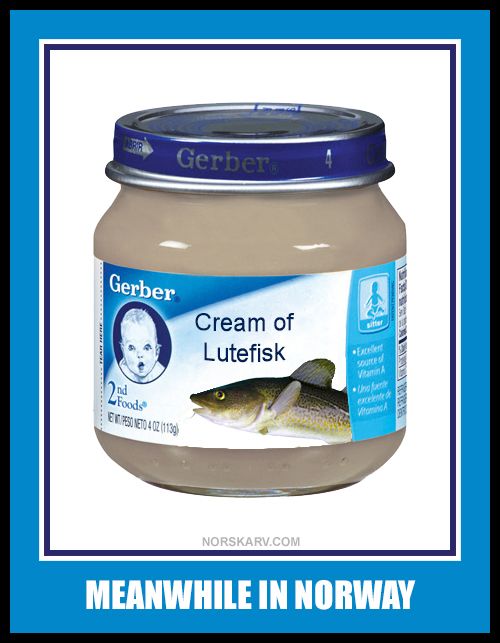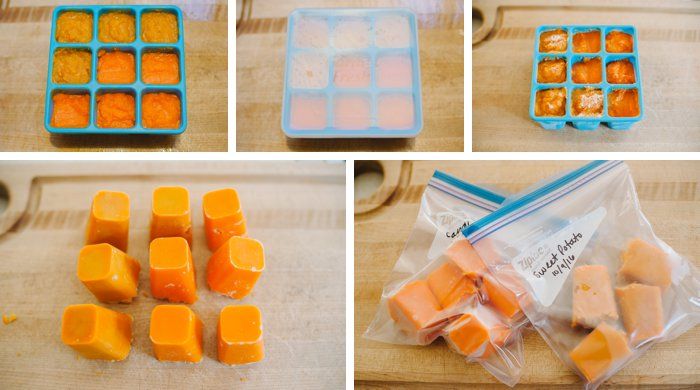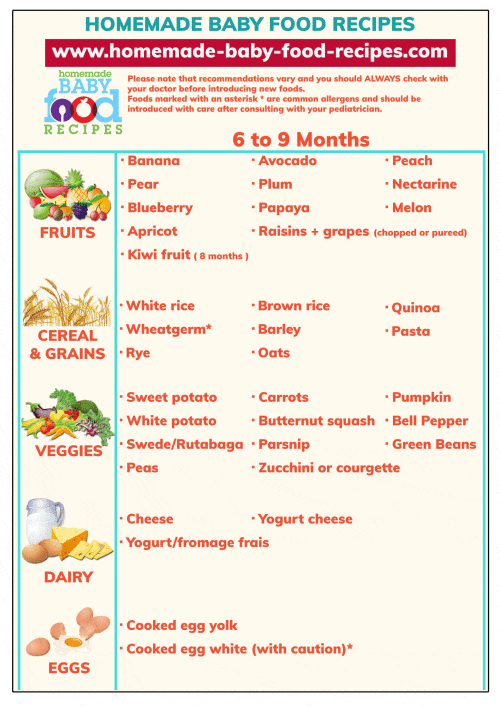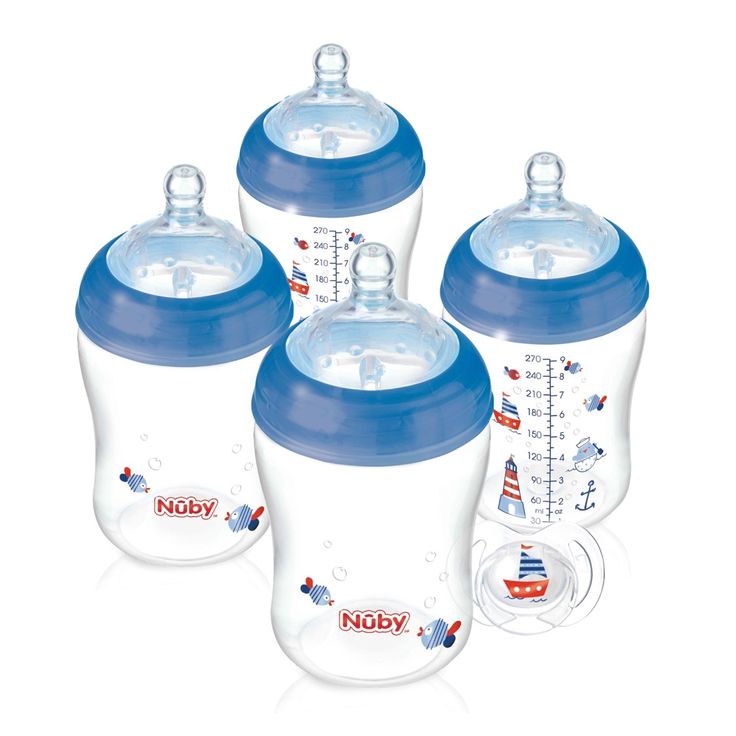High calorie foods baby weight gain
High Calorie Diet for Infants and Toddlers | Health and Nutrition Facts for You | Patients & Families
Some infants and toddlers need to eat a high calorie diet to gain weight. This can be hard to do because they have tiny tummies. This handout will give you some ideas for high calorie foods to try, as well as items to add to foods that will boost the calorie content.
There is no perfect order for introducing solid foods. Parents often offer single grain, iron fortified cereals as the first food. This is not required. Pureed meats are a good first food because they are higher in calories, protein, iron, and zinc than many other choices.
Add new foods into your child’s diet one at a time. Wait 3 days before adding another food. Watch for signs or symptoms of a food allergy. If there is not a family history of food allergies and your child does not have eczema, you may start peanut butter, nut butters, eggs, and fish along with other solids. Delaying these foods can increase food allergies.
If your child needs to be on high calorie fortified infant formula or breast milk, please talk to your health care provider first. You should be taught about the right recipe. This is to prevent an excess intake of nutrients to prevent constipation and dehydration.
Try thinning with formula, broth, or breast milk when you first offer these foods.
Avocadoes (pureed)
Beans – black, navy, red, pinto, kidney, white (cooked and mashed)
Eggs (mash the yolk)
Bananas
Mangoes
Lentils (cooked and mashed)
Fresh ground meats (dark meat poultry, beef, lamb, pork)
Whole milk yogurt
Full fat cottage cheese (4% fat – may need to puree or try small curd)
Mashed sweet potatoes
Mashed potatoes
Mashed squash (acorn, butternut)
Peanut butter or nut butter (thinning will reduce stickiness)
Goat cheese
Cooked quinoa or buckwheat (soft grains that are higher in calories)
Sweet potato fries
Mozzarella balls
Cheese curds
Homemade cheese crackers or cheese puffs (see recipe)
Diced summer sausage
Dried fruit
Mini quiche
Hard boiled eggs
Frosted wheat biscuits
Diced grilled cheese sandwich
Homemade pancakes, waffles, and French toast sticks
Peanut butter balls (see recipe)
Sugar plums (see recipe)
You can add these items to pureed and mashed baby food, yogurt, cereals, and eggs.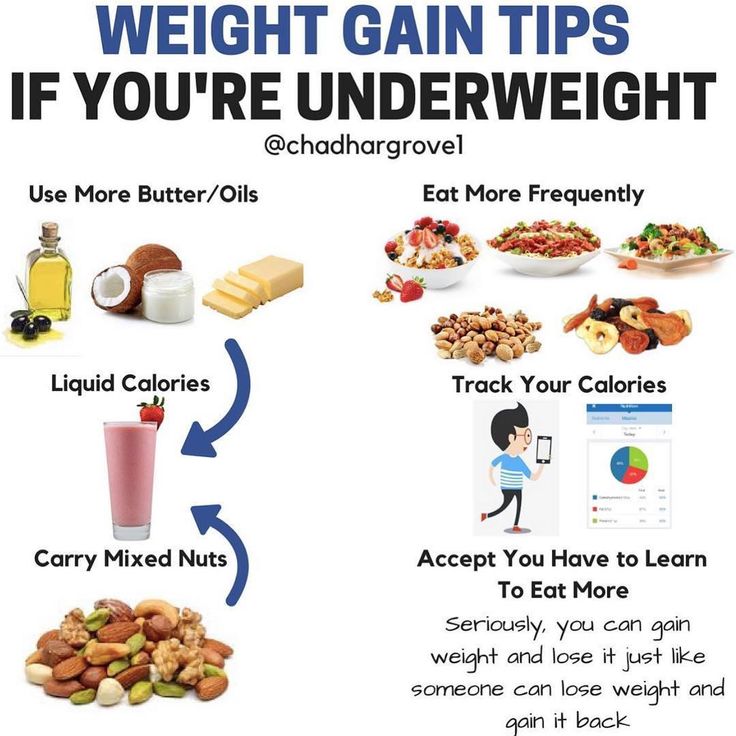 Start with 1/2 teaspoon for every ¼ cup and work up from there. Discuss with your provider.
Start with 1/2 teaspoon for every ¼ cup and work up from there. Discuss with your provider.
Oils (canola, safflower, flaxseed, walnut, and sunflower are good sources of essential fats)
Butter
Ground flaxseed
Ground chia seeds
Heavy cream
Cheese
Dry milk powder
Sour cream
Cream cheese
Maple syrup
Wheat germ
Make your own baby food. Although this requires extra work, it is often higher in calories. You could prepare all the food you will need a few times per month, put in ice cube trays, and keep in the freezer.
Talk to your daycare provider about adding extra calories to your child’s meals throughout the day.
Bring your own food to daycare.
Avoid giving more than 2 ounces of juice daily.
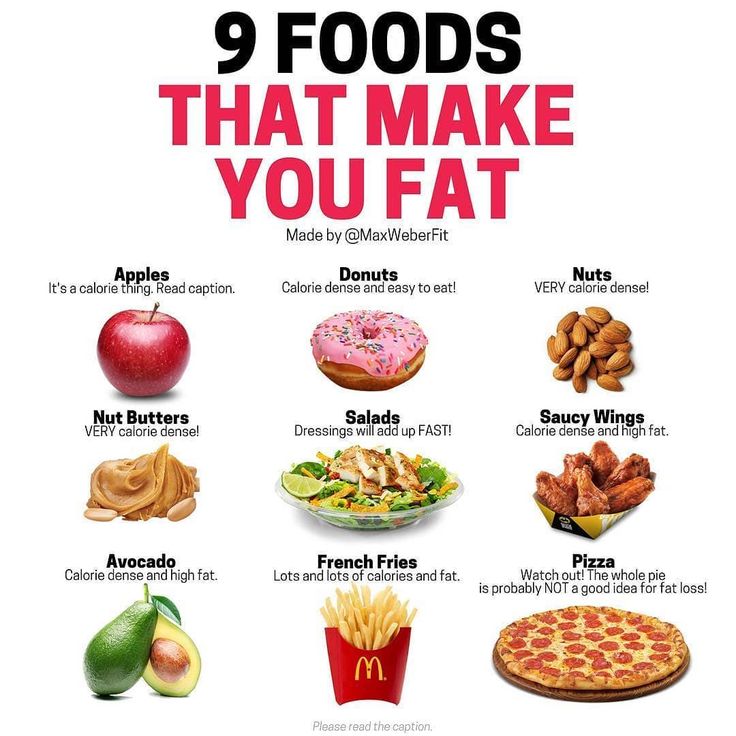 Juice will fill your baby up without providing enough nutrition.
Juice will fill your baby up without providing enough nutrition.
Try putting foods into a mesh bag to allow our baby to enjoy them without the fear of choking.
Cheddar Cheese Puffs
These are a soft, high calorie snack.
1 cup flour
6 Tbsp butter, chilled and diced
2 tsp baking powder
1-3 Tbsp heavy cream
3 cups grated cheddar cheese
Preheat oven to 350 degrees. In a food processor or mixer, combine first 4 ingredients until crumbly. Add the cream gradually until a dough forms. Using a 1 teaspoon scoop form the dough into balls. Bake for 15 minutes or until golden brown.
These are easy to make and nutrient dense!
1/2 cup creamy peanut butter
2/3 cup shredded coconut
1/3 cup maple syrup
1/2 cup ground flaxseed meal
1 tsp vanilla extract
1/3 cup mini chocolate chips
1 cup old-fashioned oats (raw)
In a mixing bowl, stir together peanut butter, syrup and vanilla extract. Add the rest of the ingredients and stir until coated. Transfer mixture to the fridge or freezer and chill until set. Remove from the fridge and shape into 1-inch balls. Store in the fridge in an airtight container.
Add the rest of the ingredients and stir until coated. Transfer mixture to the fridge or freezer and chill until set. Remove from the fridge and shape into 1-inch balls. Store in the fridge in an airtight container.
These are tasty, healthy, and great for little fingers.
3/4 cup nuts or seeds, toasted
1/2 teaspoon orange zest
1/2 cup dried plums (prunes)
1/4 cup maple syrup
1/2 cup dried apricots
1/2 teaspoon ground cinnamon
1/2 cup dried cranberries
1/4 teaspoon ground nutmeg
1/4 cup dried cherries
Put all ingredients in a food processor. Mix until smooth. Wearing gloves (or spraying hands with nonstick cooking spray), roll into 1-inch balls. Store in the fridge in an airtight container.
If you are a UW Health patient and have more questions, please call UW Health at one of the phone numbers listed below.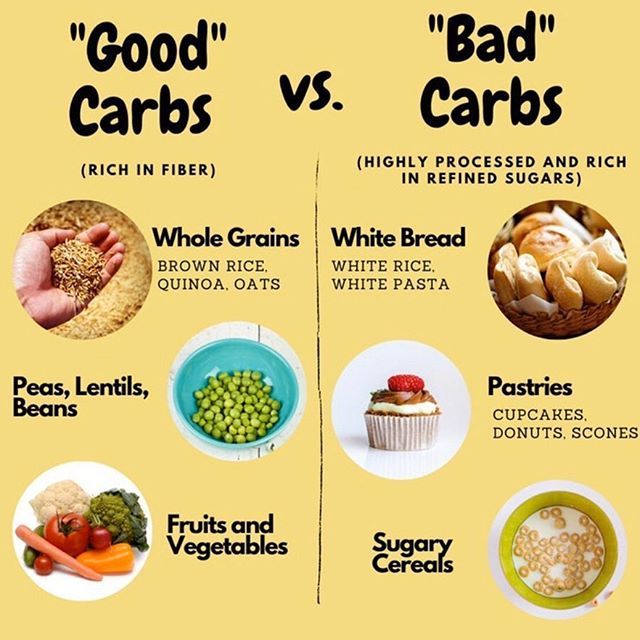 You can also visit our website at www.uwhealth.org/nutrition.
You can also visit our website at www.uwhealth.org/nutrition.
Nutrition clinics for UW Hospital and Clinics (UWHC) and American Family Children’s Hospital (AFCH) can be reached at: (608) 890-5500.
Nutrition clinics for UW Medical Foundation (UWMF) can be reached at: (608) 287-2770.
If you are a patient receiving care at UnityPoint – Meriter, Swedish American or a health system outside of UW Health, please use the phone numbers provided in your discharge instructions for any questions or concerns.
11 High Calorie Foods for Weight Gain in Babies
While most babies gain weight without issue, if your little one is not gaining weight as per his age, your baby’s paediatrician may suggest that you include healthy and nutritious foods and even high-calorie foods in his diet. But that is not to say you include any food which is high in calories. An infant needs a well-balanced diet for proper physical and mental development. That means when you go about adding high-calorie foods in your child’s diet, you need to ensure they are good calories. Now if you’re thinking about what foods you should feed your baby to help him gain healthy weight, read this article. We’ve got you covered.
That means when you go about adding high-calorie foods in your child’s diet, you need to ensure they are good calories. Now if you’re thinking about what foods you should feed your baby to help him gain healthy weight, read this article. We’ve got you covered.
Video: 10 Calorie Rich Foods to Help Your Baby Gain Weight
11 High-Calorie Foods for Weight Gain in Babies
As a new parent, you will want to ensure that your baby gets sufficient nutrients and calories to keep his energy levels high and fulfil the daily requirement of minerals in the body. As babies are continuously growing, it is vital to ensure that there is no shortage of good food and that the same is fed to them on a timely basis. The ideal calorie intake for infants is between 430 and 844 calories per day, depending on the age, size, and gender of the baby.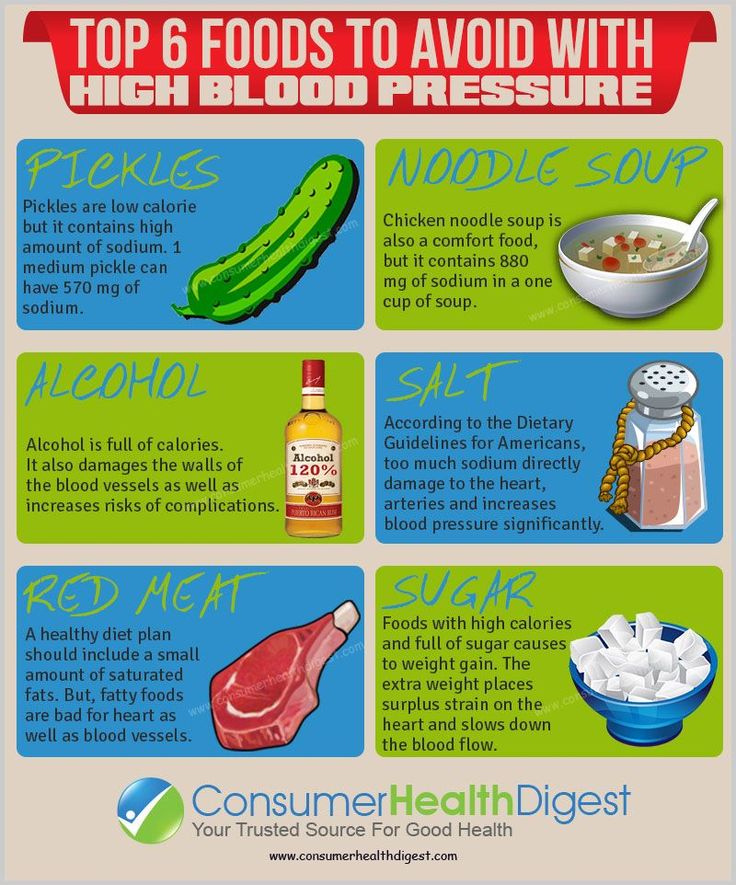
In the initial six months of the baby’s birth, breast milk and formula milk are the only sources of nutrition for a baby. Solid foods can be introduced there-after in the form of purees and mashed mixtures.
Following are the high-calorie foods for infants which are healthy and bundled with necessary nutrients as well.
1. Milk Yoghurt
A healthy add-on to mother’s milk, yoghurt can be given to the baby after six months of age. Typically, 100 grams of yoghurt mixed with fruit and multigrain cereal contains about 100 calories. Do not go for fat-free yoghurt as it has fewer calories.
2. Protein-Rich Lentils
Boiled lentils are high in protein and calories. They can be mixed with mashed rice and ghee and fed to the baby. Easy to digest, lentils are nutritious and filling.
3. Egg Yolk
Egg, which is another calorie-rich baby food, is packed with protein and can be cooked and added to vegetable puree or rice. Egg yolk not only nourishes the baby with essential minerals, but it also helps the baby to gain weight.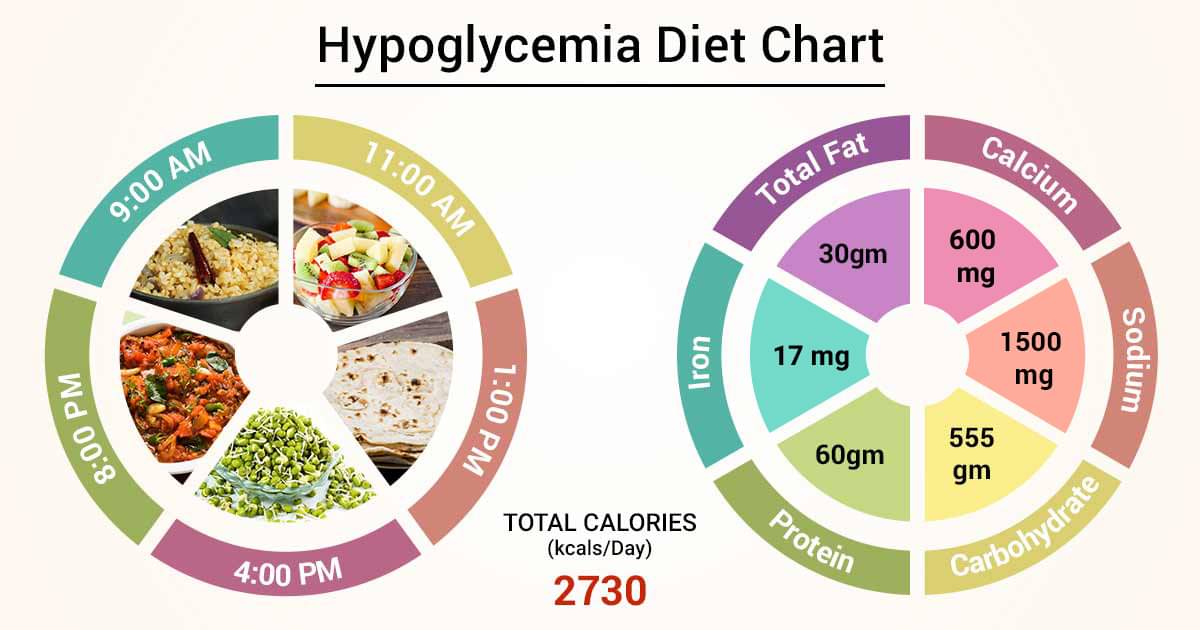 However, feeding egg yolk to a baby should be avoided during the first eight months of his life. Once the baby turns 8 months of age, egg yolk can be given three to four times a week to the baby.
However, feeding egg yolk to a baby should be avoided during the first eight months of his life. Once the baby turns 8 months of age, egg yolk can be given three to four times a week to the baby.
4. Avocado
Avocado is rich in good fats and minerals like potassium, folate, and Vitamins E, B, C and K. It is good for the baby’s health and can be given in mashed or pureed form or mixed with formula milk to form a paste. Avocado can also be combined with other fruits such as banana and fed to the baby. About one-eighth cup of avocado can provide up to 46 calories.
5. Bananas
A banana is a heavenly fruit for various reasons. It tastes great and is an excellent source of calcium and carbs (carbohydrates). It is a storehouse of energy and is especially useful for the baby. Bananas can be added to porridge or cereals or can be mashed and given directly to the baby. Making a banana milkshake with formulated milk is also a tasty option.
6. Creamy Peanut Butter
Peanut butter is another item which contains a lot of protein that can help energise the baby and help him gain weight.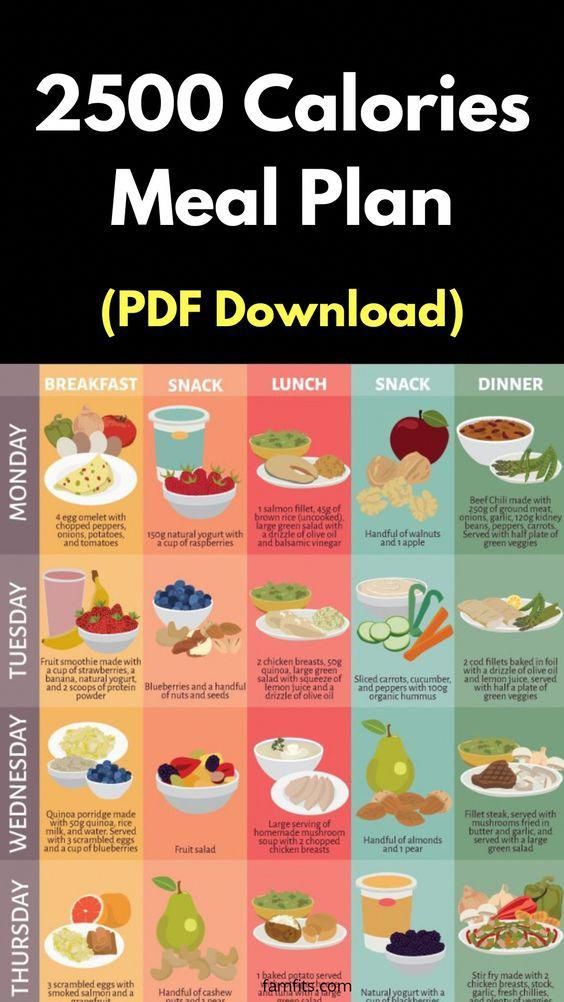 Peanut butter can be used as a spread on toasts and crackers or can be used as a dip for snacks and given to the baby. This will add zing to bland food. Be sure to avoid chunky peanut butter as the peanut pieces can get stuck in the baby’s throat and cause irritation. Note: Peanut allergy is common in babies and kids, so if you notice any signs of allergy in your baby after feeding him peanut butter, discontinue it and check with your baby’s paediatrician immediately.
Peanut butter can be used as a spread on toasts and crackers or can be used as a dip for snacks and given to the baby. This will add zing to bland food. Be sure to avoid chunky peanut butter as the peanut pieces can get stuck in the baby’s throat and cause irritation. Note: Peanut allergy is common in babies and kids, so if you notice any signs of allergy in your baby after feeding him peanut butter, discontinue it and check with your baby’s paediatrician immediately.
7. Crunchy Nuts
Nuts like cashews and almonds are rich in vitamin E, fats, proteins and carbs. Almonds and walnuts are known to improve memory power. Make sure that your baby’s diet has nuts included in it. Nuts can be added to shakes or smoothies, can be mashed and given or can be chewed upon directly once the baby has teeth. You must ensure that your child is not allergic to any of the nuts before you include nuts in their daily diet. Also, avoid giving large pieces of nuts to the baby as they might cause difficulties in swallowing and digestion.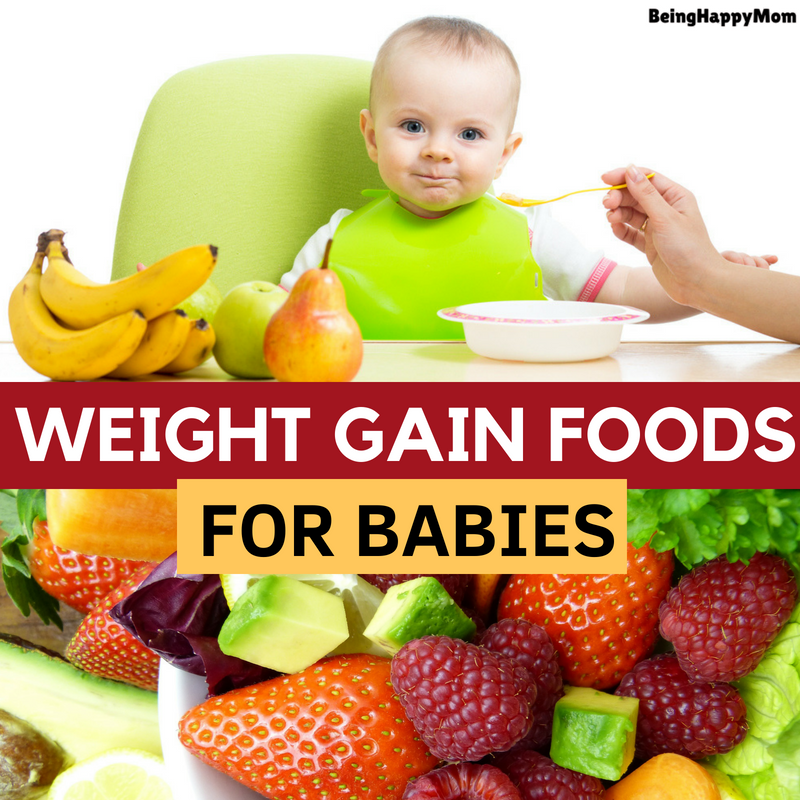
8. Fish and Meat
Fish contains essential Omega-3 fatty acids which are very crucial for the growth of the baby. Meat is also high on nutrition and contains proteins and fats in the right amounts. Fish and meat can be given to small children after they are cooked properly. Ensure that the meat and fish are bought from hygienic places, preferably of a trusted brand and is sealed.
9. Sweet Potatoes
Sweet potatoes also good food which helps babies gain weight. Sweet potato contains beta-carotene and sugar which help to increase the baby’s weight. Sweet potato can be boiled, mashed and given to the baby directly or added to other fruits and vegetables. Sweet potato is compatible with soup and milk and makes a tasty and healthy combination with the two.
10. Wheat Germ Wonder
Wheat germ is an extraction from the wheat kernel which is extremely nutritious and a good source of calories for little ones. Wheat germ can be a part of any baby food which is prepared for the child.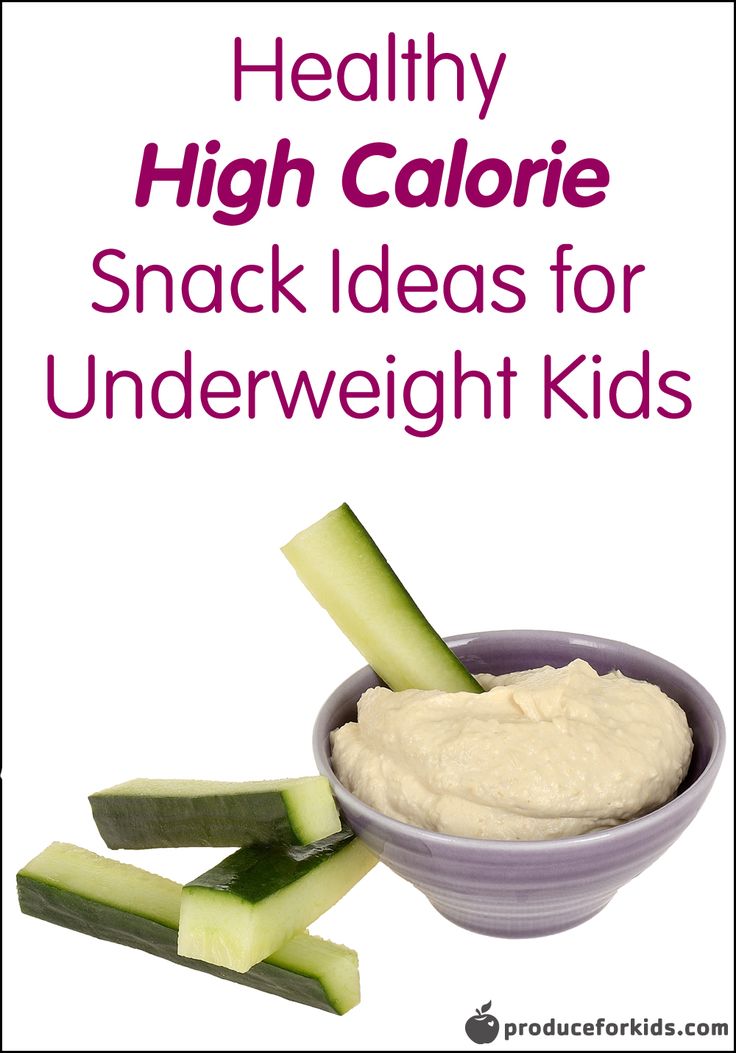 It can be added to regular dishes, purees or cereals and made a part of the baby’s daily diet plan.
It can be added to regular dishes, purees or cereals and made a part of the baby’s daily diet plan.
11. Evergreen Vegetables and Fruits
Perhaps the most basic yet effective food groups for the baby are fruits and vegetables. Vegetables and fruits are mandatory food items that should a part of a baby’s diet plan. They are storehouses of nutrients and minerals which supply the baby with life essentials. Vegetables like gourd, spinach, carrot and beetroot can be mashed or made into a puree to be fed to the baby. Once the baby can chew food, fruits and vegetables can be used as topping on bread and given to the child.
A baby’s diet needs to be carefully planned in consultation with the doctor and a nutritionist. As the baby grows, the food composition also needs to change to match and fulfil the nutritional requirements of the growing child. It is essential to seek the advice of healthcare professionals before giving new food items to the baby. Observing the impact of various food items on them will help you understand what’s good for your baby and what’s not.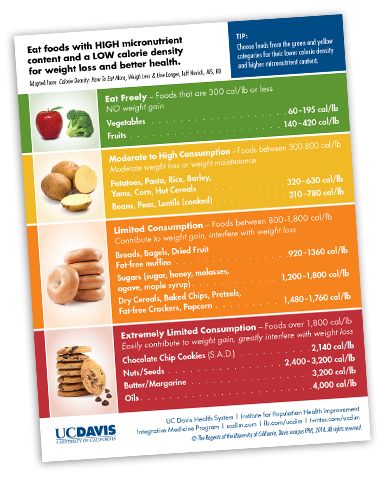 Calories are an important part of a baby’s diet which needs to be balanced out according to their age, weight and size. Efforts should be made to avoid giving extra calories to the child.
Calories are an important part of a baby’s diet which needs to be balanced out according to their age, weight and size. Efforts should be made to avoid giving extra calories to the child.
Also Read: Baby Not Gaining Weight – Reasons & Remedies
90,000 choice of the best products that will help your child gain weight in a healthy wayAdmin
Content
- The best products for a healthy weight set
- Dairy products
- fats and oils
- Carletes 9000 9000 9000 9000 9000 9000 9000 9000 9000 9000 9000 9000 9000 9000 9000 9000 9000 9000 9000 9000 9000 9000 9000 9000 9000 9000 9000 9000 9000 9000 9000 9000 9000 Fruits and vegetables
- drinks
- Don't let kids spill drinks
- Allow food whenever you feel hungry
- Try several small meals a day
- Prevent kids from accumulating empty calories
- Include high-calorie supplements in your daily meals
- Don't limit your exercise
- Visit a nutritionist
All children need to gain weight as they grow and mature, but for some children gaining weight can be a real hurdle.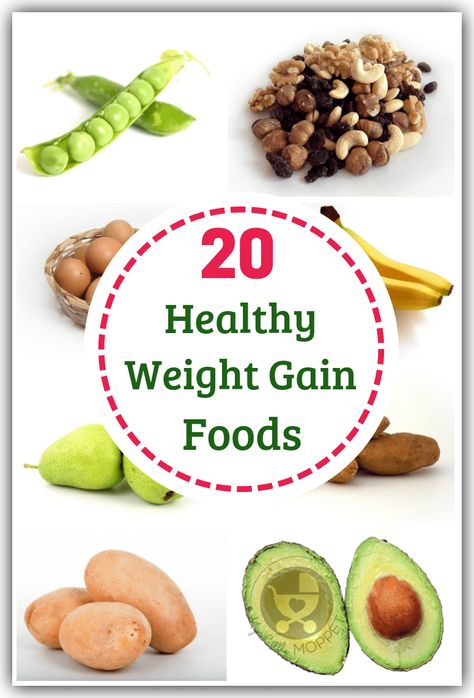 In fact, despite rising rates of childhood overweight and obesity, many children need a little help to put on a few pounds.
In fact, despite rising rates of childhood overweight and obesity, many children need a little help to put on a few pounds.
With the right nutritious foods, you can help your child gain weight in a healthy way. Here's a look at the best nutritional and calorie-dense options to prepare your child's meals and snacks that are both nutritious and promote weight gain.
The Best Foods for Healthy Weight Gain
Consider all food groups when working to move the needle on the scale. It's not just a constant diet of hamburgers and pizza that will make your child gain weight (although that may be their preferred route!). Even some fruits and vegetables contain more calories than you think.
Try any of these:
Protein
- red meat, including ground beef, steak and lamb
- white meat such as chicken and turkey (especially with skin)
- pork sausage, pork chops, bacon, ham and ribs
- fatty fish such as salmon, mackerel, tuna, trout and sardines
- eggs from nuts and seeds, such as cashew butter, almond oil, peanut butter and sunflower oil
- nuts and seeds, including pecans, walnuts, almonds, chia seeds and flax seeds
- soy proteins, such as tofu, tempeh and soy milk
Dairy products
- Full-fat yogurt
- Bold cheese
- solid or 2 percent milk
- Pacht
- in half or cream
- Smile 9000 9000
- 9,0002 Zhirs and oil 9,0002 Zhitsa and OIT OD avocado oil
- rapeseed oil
- oil
- salad dressings
Carbohydrates
- rice
- potatoes and sweet potatoes
- corn
- Dry breakfasts with a high fiber and protein content
- whole -grain bread
- Macarone products
- Swan
- OBOSED
- BATOLS with low sugar content, for example, 5 grams or less on a bar)
Fruits and vegetables
- coconut
- avocado
- figs
- dates
- raisins and other dried fruits such as apricots, cranberries and currants
- bananas
- zucchini and other root vegetables
drinks
Reasons your child might need to gain weight
There are many causes of underweight children, many of which have to do with three little words (which can sound a little scary): failure to thrive.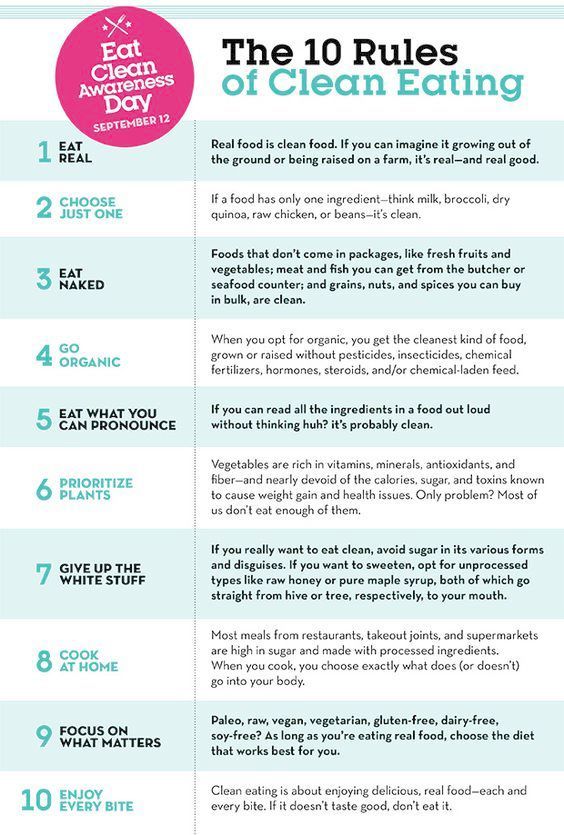
This medical term is not a disease and is not clearly defined, but usually refers to a child's slow growth due to malnutrition.
In infants, developmental delay may occur due to feeding problems such as:
- 0012
- allergy to formula ingredients
- reflux
All of these can lead to stunting.
Children of any age may suffer from developmental delay due to:
- undiagnosed food allergy or intolerance
- illness
- oral problems
- gastrointestinal diseases
- behavioral, developmental or neurological problems Certain are also notorious for interfering with appetite, causing weight loss or weight stabilization in children.
Medications used to treat Attention Deficit Hyperactivity Disorder (ADHD) in children, such as Ritalin, Dexedrine, and Adderall, are particularly known for their appetite-reducing side effect. If you think your child's medications may be affecting his appetite or weight gain, talk to your pediatrician about your concerns.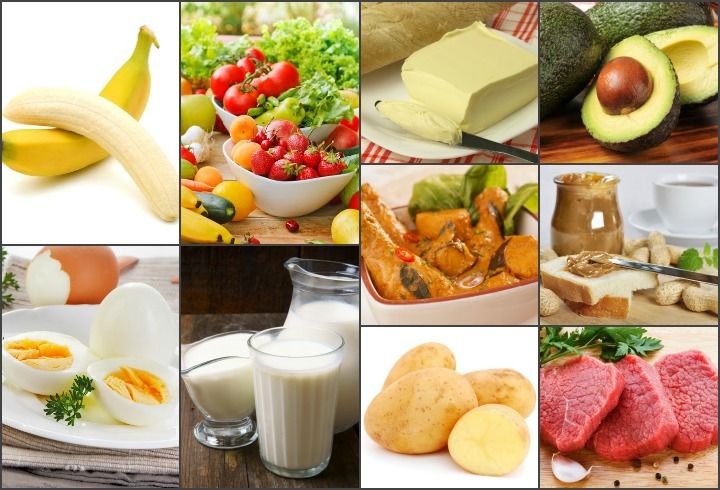 Do not stop taking any medication abruptly.
Do not stop taking any medication abruptly.
Sometimes your child's slow weight gain may be because he or she is not eating enough calories for her age. Active, growing children may need more calories than you think. For example, teenage boys often need the same amount of calories as adults.
For reference - and for your own peace of mind - the Centers for Disease Control and Prevention (CDC) defines "underweight" as being in the bottom fifth percentile of the height chart.
Regardless of the cause of your child's slow weight gain, the good news is that you, as a parent, have a lot of control over one major healing factor: their diet. A nutritious, high-calorie meal plan is the best place to start.
You can also set a good example by modeling healthy eating behavior and making nutritional choices.
When not to worry about your child's growth
When the graph point on your child's growth chart falls short of what you expect, it's only natural to take notice. But some deviations in the growth process are normal.
But some deviations in the growth process are normal.
Pediatricians usually look at changes in your child's weight over time rather than a single weigh-in at a child's examination. They can also help focus your efforts at home on helping your child gain weight.
Don't worry if your child skips a meal here or there, or suddenly turns up their nose at certain foods (or, frankly, for toddlers, an entire category of foods).
Children's appetites may be fickle. Give your child time and space, knowing that this may very well be a temporary phase. (But keep offering a wide variety of foods!)
Healthy Weight Gain Tips
Using the foods listed above as building blocks, you'll be on your way to creating meals and snacks that will help your baby fill up. To further increase their healthy weight, try these tips.
Keep children from pouring drinks
Hydration is certainly important for children from infancy to adolescence. But sometimes too much liquid can compete with food for space in your baby's tummy. To stimulate your appetite, try offering food before drinks during meals. Also, avoid sugary drinks like sodas and fruit juices.
To stimulate your appetite, try offering food before drinks during meals. Also, avoid sugary drinks like sodas and fruit juices.
Eat whenever you feel hungry
Of course, for most of us, eating doesn't have to be an all-day entertainment. However, for children who are struggling to gain weight, allowing them to eat at any time of the day may be a perfectly acceptable approach.
Consider skipping pre-set meal times and snacks that you think are "normal" or "correct" and simply encourage your child to eat when he is hungry.
Try a few small meals a day
Here's another strategy that goes hand in hand with the "eating is always okay" model.
Instead of sticking to a rigid breakfast, lunch and dinner schedule, feel free to play with the frequency of your meals and snacks. Your child can consume more calories with six to eight small meals a day than with three meals a day.
Prevent children from accumulating empty calories
Foods such as sodas, potato chips, and fast food can lead to weight gain, but since these foods tend to be low in nutrients, they will not benefit your health.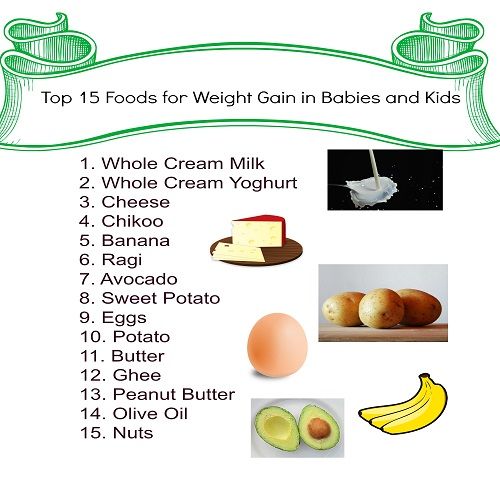 child. Choose more nutritious, whole foods as often as possible.
child. Choose more nutritious, whole foods as often as possible.
Include high-calorie supplements in your daily meals
We don't like the practice of hiding healthy foods in "kid-friendly" packages (watch you hidden veggie cookie), but adding high-calorie supplements to your daily meals is a different story.
For example, nut butter, avocado, coconut milk, and other high-calorie ingredients can be easily added to smoothies to add volume.
And when your child needs to gain weight, there's nothing wrong with using buttermilk in pancakes, sour cream in baked potatoes, or extra cheese in pasta or casseroles.
Don't limit exercise
Because weight gain is essentially an equation of calories in and out, it can be tempting to tell an underweight child not to be too active. But children need plenty of daily exercise. Unless recommended by a doctor, it is best not to limit their activity.
Visit a nutritionist
Putting everything together to help your child gain weight can be tricky.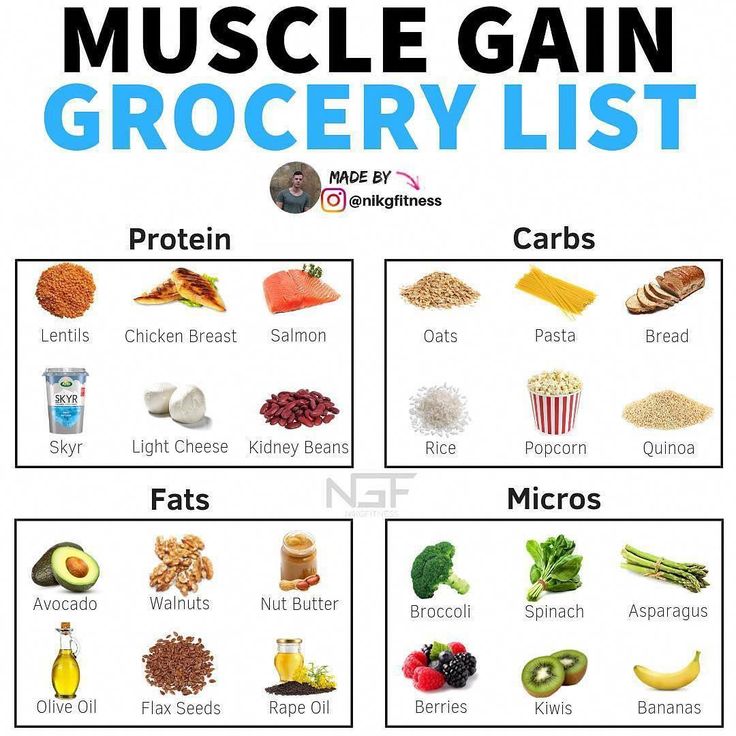 You don't have to go alone!
You don't have to go alone!
Seeking help from a nutritionist, especially a pediatrician, can make a huge difference. With expertise in baby nutrition, a pediatric dietitian can help you make the best choices for your child's diet.
When to talk to your pediatrician
You should never be embarrassed to ask your pediatrician a question, even if it seems silly. (Seriously, they heard it.)
If you are concerned that your child is not gaining weight properly, or if he seems to be regressing in his growth chart progress, do not be afraid to voice your concerns to your pediatrician.
Also, if you feel that your child looks "thin", has little energy, or has experienced behavioral changes or sudden weight loss, don't be shy. All of these are good reasons for further investigation.
Make sure you complete all recommended checkups for your baby to adequately monitor your baby's weight progression.
It is also definitely worth seeking professional help if your child refuses to eat for a long time, eg more than 24-48 hours, especially if you cannot identify the underlying cause, such as an illness.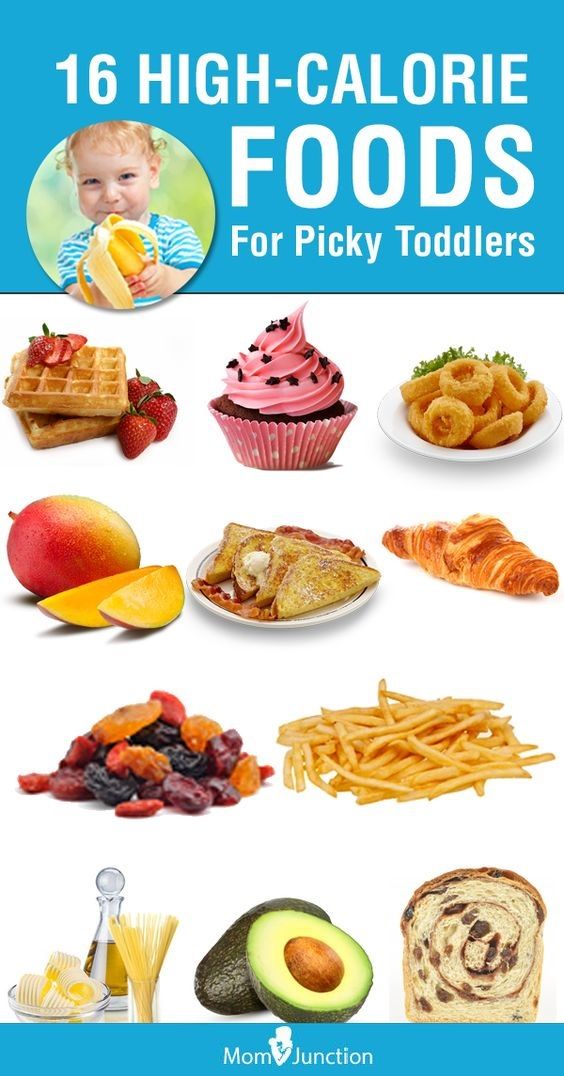
Because medications can interfere with healthy weight gain, be sure to talk to your pediatrician about the effects of any new medications.
Bottom line
As much as we in the adult world think of weight loss as a good thing, it doesn't necessarily apply to our children. A significant number of children actually need help gaining weight.
Get creative with the foods and suggestions above to complete your child's weight gain diet in a healthy way.
Healthwhat high-calorie and healthy foods to use for weight gain?
Valeria Leshchenko
Often children have no appetite, it's not worth forcing, but reconsider the diet. Read more about products for weight gain.
Let's start with the fact that sometimes parents can not correctly estimate the weight of the child.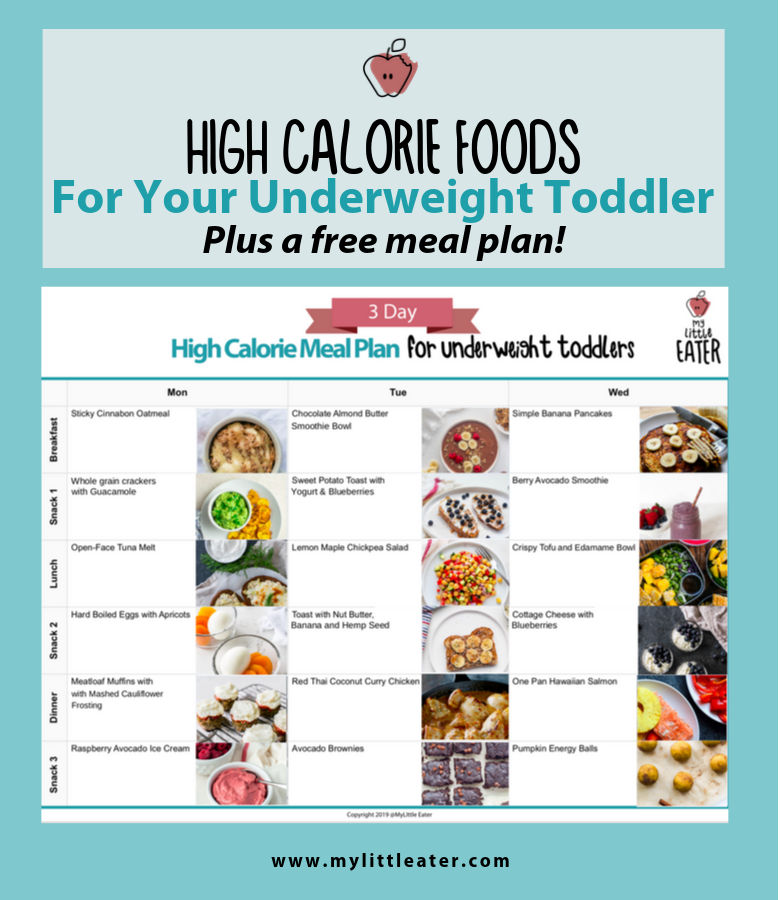 For parents, the child is always hungry, undernourished, and has poor weight gain. In this case, only a doctor can make a diagnosis, so you first need to make an appointment, and then just do something.
For parents, the child is always hungry, undernourished, and has poor weight gain. In this case, only a doctor can make a diagnosis, so you first need to make an appointment, and then just do something.
If a child's weight does not correspond to age (and other parameters), only in this case it is worth reviewing the diet of the whole family. Why all? Because parents are an example and support for the child.
Products for weight gain for children
Banana
100 g of bananas contain approximately 90 kcal (1 banana - approximately 180-200 kcal), as well as potassium, which is necessary for the normal functioning of the cardiovascular system and magnesium for mood (nervous system) ). Bananas are fast energizing, so you can easily take them with you as a snack, for example, to the playground, if you go on a picnic, to the hospital, etc. But bananas are best consumed in the morning.
Ghee (clarified)
Ghee is made from quality butter.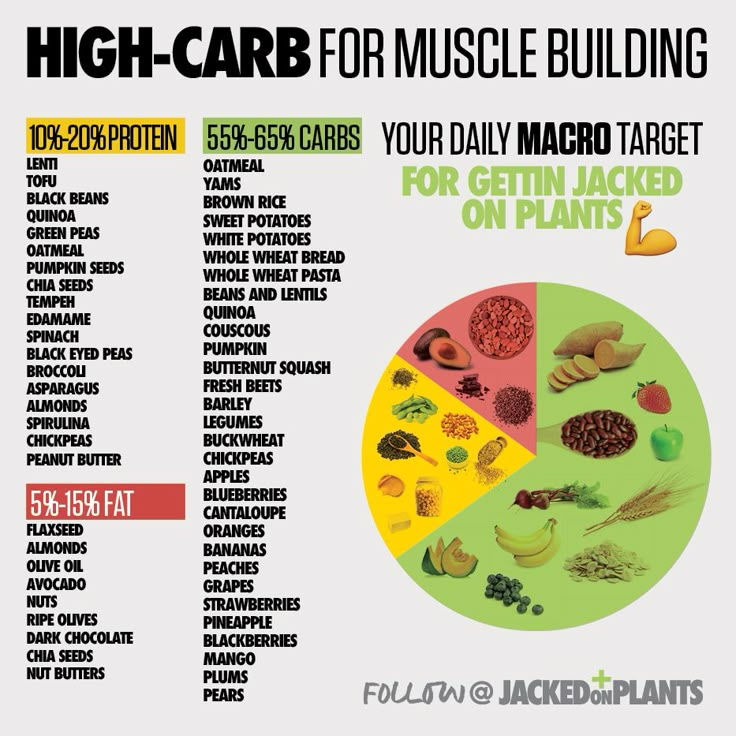 You can buy a ready-made version or cook at home. 100 g contains approximately 600 kcal, as well as vitamin E and A. In addition, it does not burn. If you cook on it.
You can buy a ready-made version or cook at home. 100 g contains approximately 600 kcal, as well as vitamin E and A. In addition, it does not burn. If you cook on it.
So, to prepare a homemade version of ghee, you need to take butter with at least 82% fat content, cut it into pieces and send it to the pan. Over low heat, the butter will first melt, then foam, and then begin to turn from yellow to amber. When the oil becomes a brownish hue, sediment can be seen at the bottom - impurities that were added to the product during its production. Now you need to pour the oil into a jar, but without sediment.
Natural yoghurt
Free of additives and sugar. Natural yogurt is rich in calcium and also has the right ratio of fat and calories to help your baby gain weight. However, as additives, you can use fresh fruits and berries, which are already available on the shelves of supermarkets and bazaars.
Potatoes
Of course, not chips and not fried.